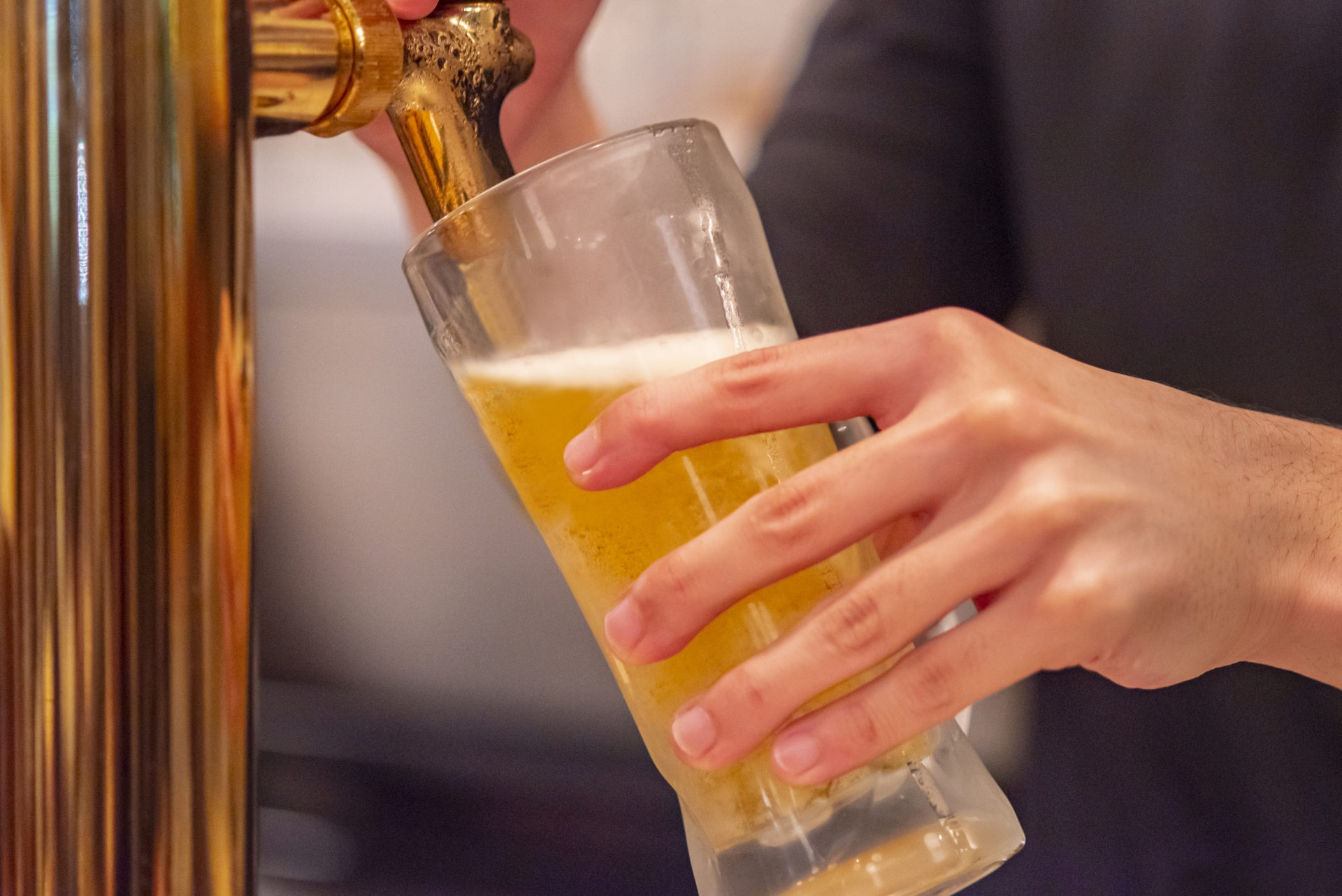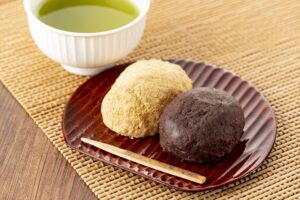Japanese beer is more than just a refreshing beverage; it’s a blend of tradition, culture, and innovation. This article explores the rich world of Japanese beer, from well-known brands like Sapporo and Asahi to the burgeoning craft beer scene. Whether you are a beer enthusiast, a cultural explorer, or simply curious, we’ll take you on a journey through the flavors, brewing techniques, and cultural significance of Japanese beer.
Introduction to Japanese Beer
Japanese beer has steadily grown in popularity, both within Japan and internationally, becoming a staple in the global beer market. The history of beer in Japan dates back to the late 19th century, when Western influences began introducing new culinary and beverage traditions to the country. Today, Japan is home to several major beer brands and a burgeoning craft beer scene that is gaining recognition worldwide. Iconic brands like Sapporo and Asahi have led the way in introducing the distinct flavors of Japanese beer to a broader audience, creating a unique blend of tradition and modernity in brewing. These brands not only embody the essence of Japanese brewing techniques but also symbolize the country’s innovative spirit in crafting high-quality beer that appeals to diverse palates.
Top Japanese Beer Brands You Should Know
Japan’s beer market is dominated by a few major players, each offering unique flavors and experiences. Sapporo, Asahi, Kirin, and Suntory are the most recognized names, each contributing to the global appreciation of Japanese beer. Beyond these giants, the Japanese craft beer industry is also thriving, with numerous microbreweries producing a wide range of innovative and flavorful beers. Japanese beers often stand out due to their crisp, clean taste, which pairs well with various cuisines and occasions. Whether you’re exploring a lager from a well-known brand or a new craft brew, Japanese beers provide an exciting and refreshing experience.
Sapporo: Japan’s Oldest Beer Brand
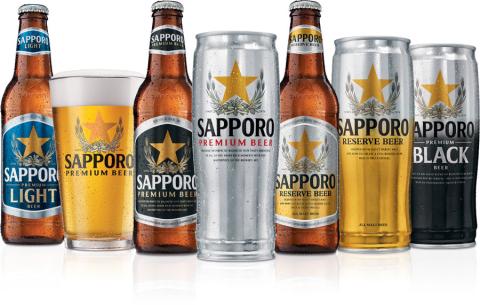
Sapporo is Japan’s oldest and one of the most well-established beer brands, founded in 1876. It has a rich history that blends traditional brewing methods with modern innovations, creating beers that are both familiar and distinctly Japanese. Sapporo is best known for its signature Sapporo Premium, a pale lager that boasts a smooth, crisp flavor profile, making it a popular choice for both casual and formal settings. Its iconic silver can and logo symbolize its long-standing tradition and international reach. Sapporo has maintained its reputation by adhering to high brewing standards, using quality ingredients and maintaining a consistency that beer lovers around the world appreciate.
Asahi: The Pioneer of Dry Beer
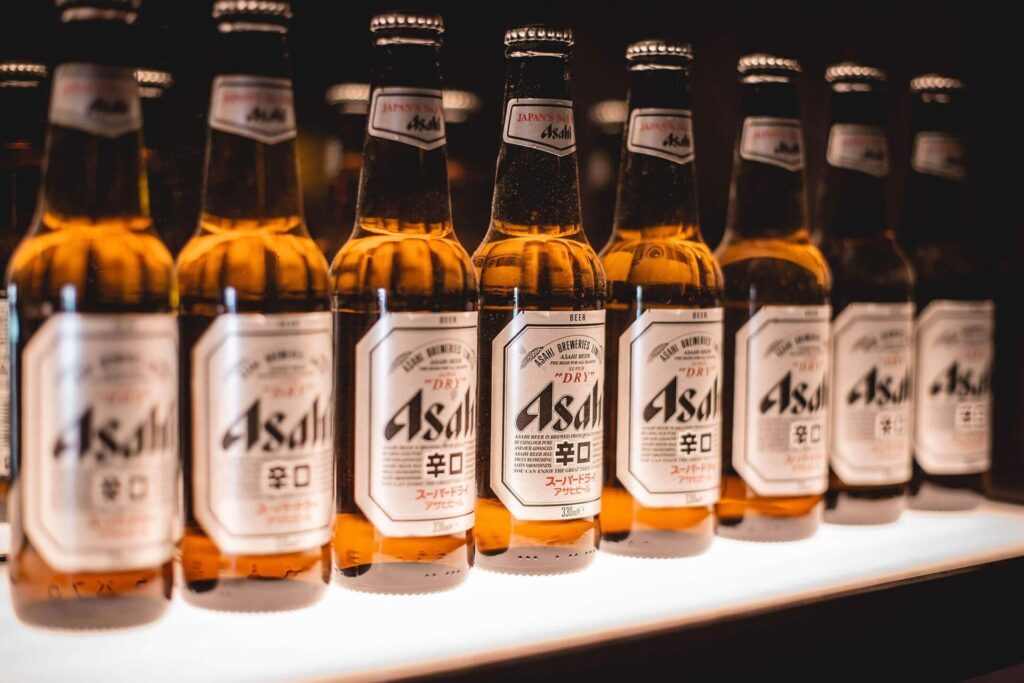
Asahi Breweries is credited with revolutionizing the beer market with the introduction of Asahi Super Dry in 1987. This beer quickly gained popularity due to its refreshing and crisp taste, which was a departure from the sweeter beer styles prevalent at the time. Asahi’s innovation led to the rise of the “dry beer” trend, influencing breweries worldwide to adopt similar styles. Besides Super Dry, Asahi offers a variety of other beers, including the Asahi Black, which is a dark lager with a rich, roasted malt flavor. Asahi’s commitment to innovation and quality has solidified its place as a leader in both the Japanese and international beer markets.
The Rise of Japanese Craft Beer
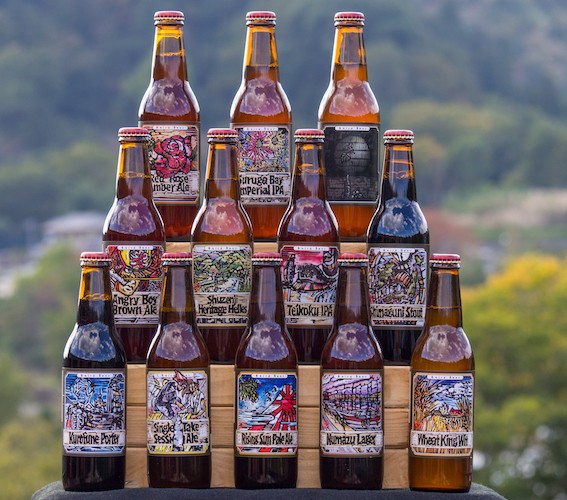
In recent years, Japan has seen a surge in the popularity of craft beer, with numerous microbreweries sprouting across the country. This movement has led to a diverse range of flavors and styles, from IPAs to stouts, all with a Japanese twist. Breweries such as Hitachino Nest and Baird Beer have gained international acclaim for their creative approaches to brewing. The Japanese craft beer scene is characterized by a strong sense of experimentation, often incorporating local ingredients like yuzu (a Japanese citrus fruit), green tea, and sansho pepper to create unique and intriguing flavors. This innovative spirit reflects Japan’s dedication to craftsmanship and quality, making Japanese craft beers a must-try for beer enthusiasts.
| Brand | Alcohol Content | Flavor Profile | Price Range (per bottle/can) | Notable Varieties |
|---|---|---|---|---|
| Sapporo | 4.7% – 5.0% | Crisp, clean, light malt | $2 – $4 | Sapporo Premium, Sapporo Reserve |
| Asahi | 5.0% – 5.5% | Dry, crisp, slightly bitter | $2 – $4 | Asahi Super Dry, Asahi Black |
| Kirin | 5.0% | Smooth, balanced, slight sweetness | $2 – $3.5 | Kirin Ichiban, Kirin Light |
| Suntory | 5.0% | Refreshing, mild bitterness | $2 – $3.5 | Suntory The Premium Malt’s |
| Hitachino Nest | 5.5% – 8.0% | Diverse: from sweet malty to hoppy and spicy | $4 – $7 | Hitachino White Ale, Hitachino Red Rice Ale |
| Baird Beer | 5.0% – 7.0% | Rich, full-bodied, often using local ingredients | $4 – $8 | Baird Rising Sun Pale Ale, Baird Suruga Bay IPA |
Brewing Techniques and Ingredients in Japanese Beer

Japanese beer is often distinguished by its use of high-quality ingredients and meticulous brewing processes. Traditional Japanese beers frequently use rice in their recipes, which contributes to a lighter, crisper taste. This practice differs from the more common barley-based beers found in many Western countries. The quality of water used in brewing is also crucial, with many Japanese breweries sourcing water from local springs and wells to ensure purity and consistency. Additionally, special strains of yeast and precise fermentation methods are employed to achieve the distinct flavors associated with Japanese beer, resulting in a refined, clean finish that is both refreshing and satisfying.
Traditional Ingredients in Japanese Beer
Key ingredients in Japanese beer production include rice, barley, hops, and pure water, which play a vital role in defining the flavor and texture of the beer. Rice, in particular, is a notable component that sets Japanese beers apart, providing a smooth and light body. The water quality in Japan, known for its softness and clarity, also contributes to the beer’s unique character. These traditional ingredients, combined with innovative brewing techniques, create a harmonious balance that enhances the overall drinking experience.
Pairing Japanese Beer with Food
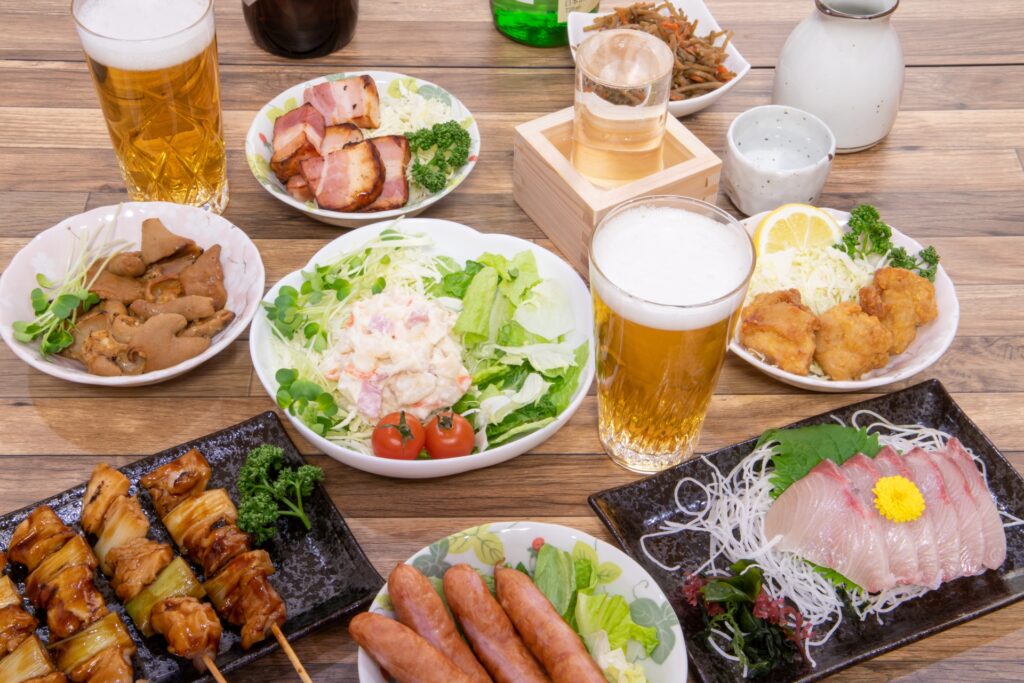
Japanese beers are incredibly versatile and can be paired with a variety of dishes to enhance the dining experience. The crisp, clean taste of beers like Asahi Super Dry complements the delicate flavors of sushi and sashimi, while darker beers such as Kirin Ichiban’s Black Lager pair well with richer dishes like ramen or grilled meats. Craft beers, with their bold and unique flavors, offer exciting pairings with fusion dishes and international cuisines, making them a favorite among chefs and foodies. Whether enjoying traditional Japanese fare or experimenting with global flavors, Japanese beer provides the perfect accompaniment to a wide range of meals.
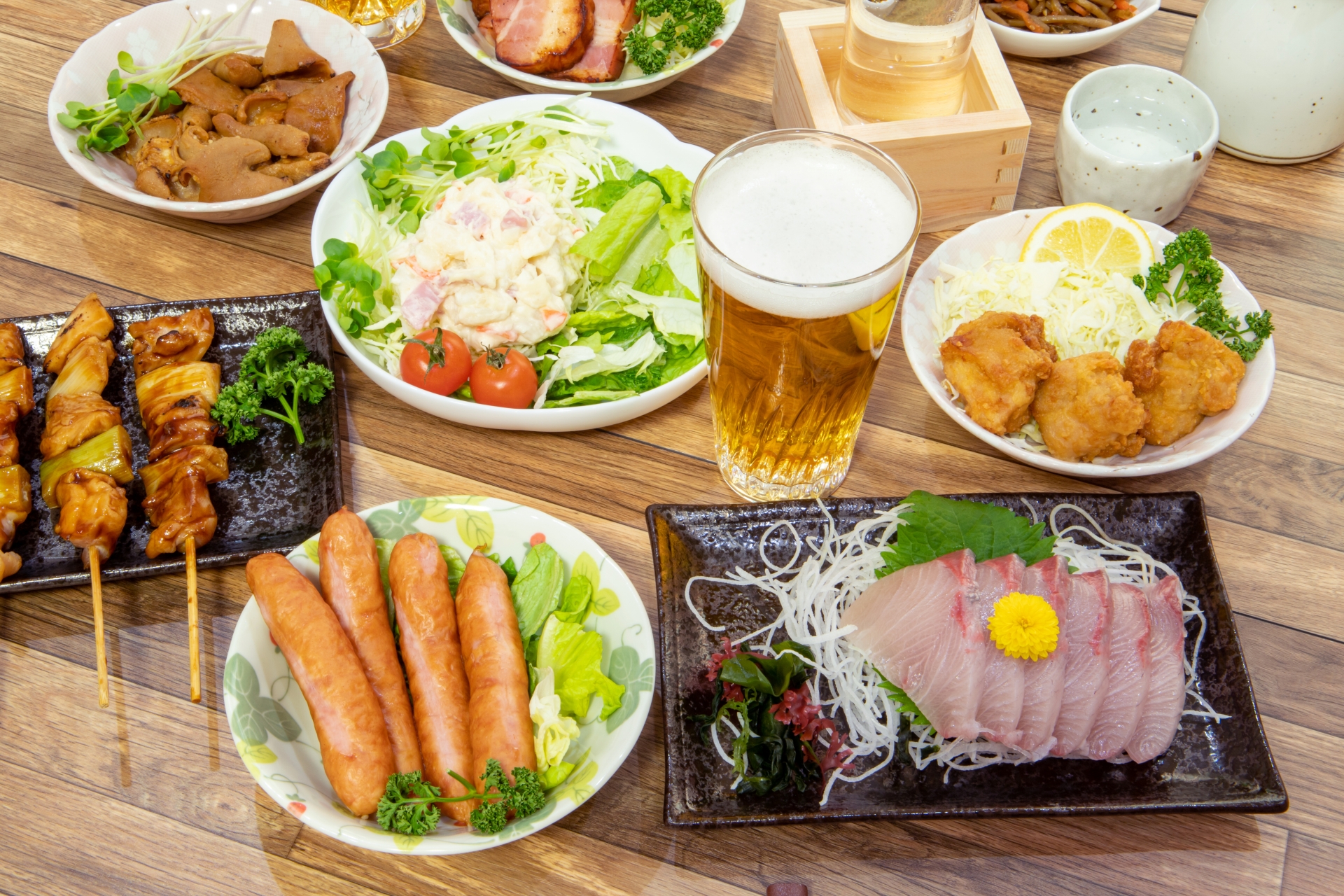
The Cultural Significance of Beer in Japan
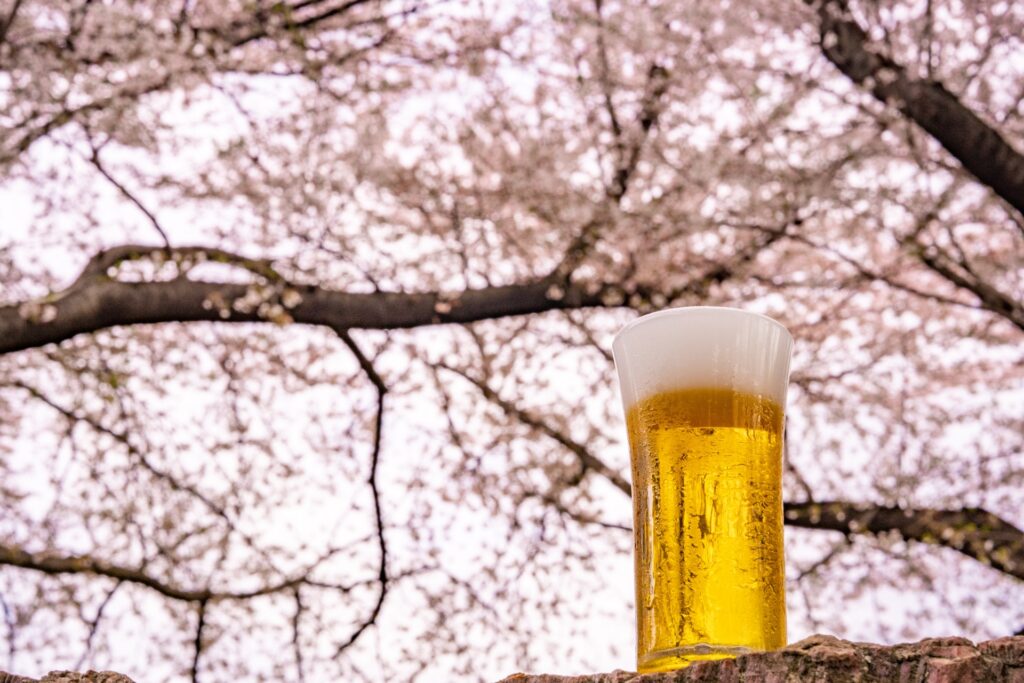
Beer holds a prominent place in Japanese culture, playing a vital role in social gatherings, celebrations, and daily life. It is commonly enjoyed at izakayas (Japanese pubs), festivals, and during hanami (cherry blossom viewing) parties, where it symbolizes relaxation and togetherness. The tradition of sharing a beer, often poured by a friend or colleague as a gesture of respect and camaraderie, is a key aspect of Japanese social etiquette. This cultural significance reflects the importance of beer not only as a beverage but as a means of fostering connection and community.

Where to Buy Japanese Beer Outside Japan
Japanese beer is widely available outside Japan, thanks to its growing international popularity. Major brands like Sapporo, Asahi, and Kirin can be found in many supermarkets, liquor stores, and online retailers in the United States and other countries. Specialty stores and Asian grocery markets are also excellent places to find a broader selection, including craft beers and limited-edition releases. Online platforms provide a convenient way to explore and purchase a variety of Japanese beers, offering delivery options that make it easier than ever to enjoy these unique brews at home.
Non-Alcoholic Japanese Beers
The trend toward non-alcoholic beer has also gained momentum in Japan, catering to health-conscious consumers and those who prefer a beverage without alcohol. Brands like Asahi and Kirin have developed non-alcoholic versions of their popular beers, maintaining the same great taste without the alcohol content. These beers are crafted to provide the full beer experience, including aroma and flavor, while being a healthier alternative. The popularity of non-alcoholic options reflects a broader cultural shift toward mindful drinking and a balanced lifestyle.
Conclusion: Why Japanese Beer is Worth Exploring
Japanese beer offers a unique blend of tradition, innovation, and quality that makes it worth exploring for any beer enthusiast. From the classic flavors of Sapporo and Asahi to the creative offerings of Japan’s craft breweries, there is something for everyone to enjoy. The meticulous brewing techniques, use of high-quality ingredients, and cultural significance all contribute to the distinct character of Japanese beer. Whether pairing it with your favorite meal or enjoying it on its own, Japanese beer provides a refreshing and flavorful experience that celebrates the art of brewing and the joy of sharing a drink with others.

